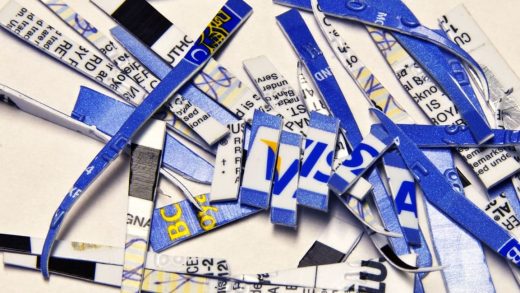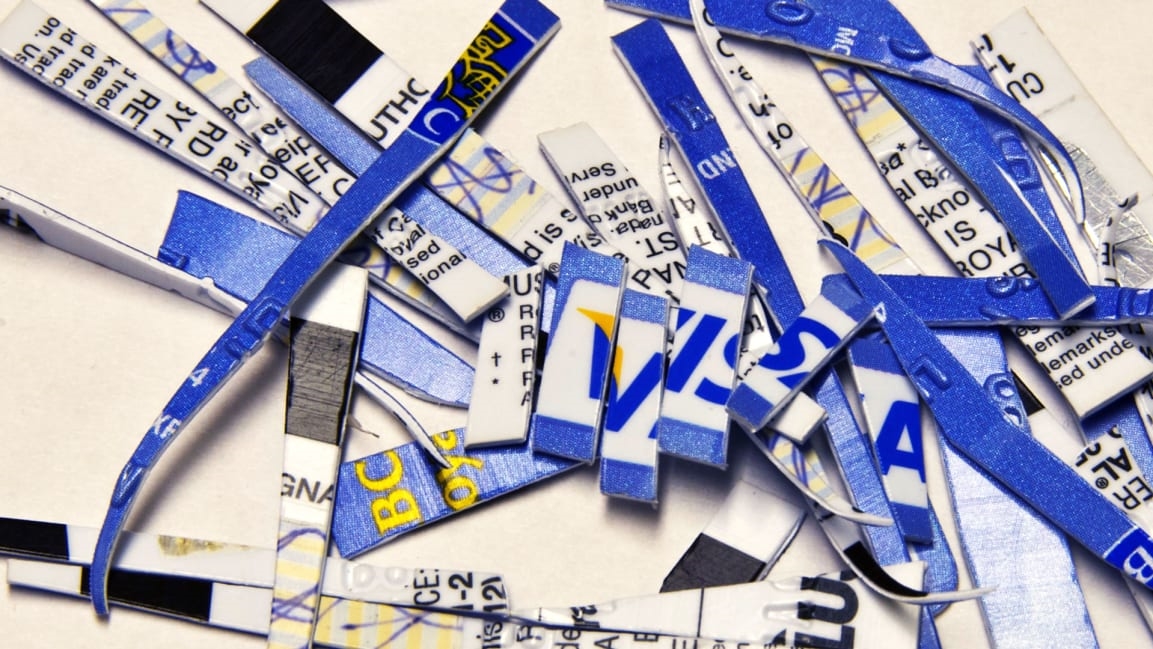6 women share their biggest financial mistakes
If you’re worried about your finances, you’re certainly not alone. In fact, there are tons of scary statistics that demonstrate the many ways in which finances stress out the majority of us.
For one, only 24% of millennials demonstrate basic financial literacy, according to a study from the National Endowment for Financial Education. Meanwhile, about 77 million Americans with credit (35% of adults) have debt in collections, according to the Urban Institute. And nearly one-third of Americans pay just the minimum amount due on their credit card bills each month, according to FINRA’s National Financial Capability Study.
And new research suggests that women have to worry even more about their finances than men. A new survey from online lender Laurel Road identifies major gender disparities when it comes to financial education, fiscal confidence, and savings amounts (both retirement and emergency funds). Only 38% of working women asked for a raise in 2018, versus 58% of men. And of those who asked, only 86% were successful, versus 95% of men. To make matters worse, women (37%) are roughly twice as likely as men (20%) to not have any retirement savings, and they save $123,000 less on average. As such, only 66% of women report having an emergency fund, versus 82% of males.
That all said, 90% of women reported personal finance proactivity like investing, meeting with financial advisors, negotiating salaries, and taking courses in 2019, versus only 83% of women who did the same in 2018. So, while it’s no surprise that many women live with financial regrets, the statistics show that they’re hoping to avoid repeating their mistakes.
We spoke with six women who’ve shared their biggest financial woes–situations that have cost them thousands. Here’s what they had to say.
1. Racking up credit card debt
“Hands down, what I regret most is not understanding how credit cards work,” says filmmaker Faleena Hopkins. “I paid the minimum for years without understanding compound interest, that it wasn’t just 20% APR for that year, but again and again for every year, piling up how much I owed into a zillion times more than what I bought.”
She says the pileup weighed down her whole life, until she finally made a plan to pay off each card.
“Now I live under my means and pay the balance in full every month on only one card, a rewards card with points I use to buy stuff,” she says. “Since I no longer pay interest, the credit cards are now paying me (with those points). They have a term for customers like me and it’s ironically, ‘a deadbeat’ because I don’t make them any money. It feels amazing to be a deadbeat!”
2. Not investing in real estate sooner
“My biggest financial regret is not investing in real estate sooner,” says Jacqueline, the founder of personal finance site Mom Money Map. “We bought our house in 2014. It’s since appreciated by over 50% in value. We were able to take out the appreciated value and invest it in a rental property, which is now generating regular cash flow. If we had bought our house even just one or two years earlier, our house would have appreciated by over 100% in value because the market went up so fast.”
3. Failing to research higher education programs
“One of my biggest financial mistakes was actually a combination of mistakes that cost me over $65,000,” says Katelyn of Debt and Cupcakes. ” To begin with, I decided to go to an out-of-state university to obtain my degree in nursing (BSN). The decision to go to an out-of-state college was extremely expensive and the majority of the cost was covered by student loans. This decision forced me to graduate from college with more than $65,000 in student loan debt.”
At the time, she says she was completely unaware that a local hospital offered a two-year diploma program that would allow her to obtain the exact same nursing license, and would have cost exponentially less.
“The thing about a nursing degree is that all RNs take the same national certification exam, obtain the exact same license, and work in the same capacity regardless of their four- or two-year degree,” she explains. “My BSN didn’t offer me an increased starting salary, and my BSN didn’t provide me any additional opportunities out of the gate. To make matters worse, once I obtained my first job, I realized that most hospitals and healthcare organizations will pay for 100% of continuing education costs. Had I known this, I would have saved tens of thousands of dollars and years of student loan payments.”
4. Not pursuing real-world experiences faster
“I have so many financial regrets, but my biggest is getting a college education instead of realizing that working for free for that many years would have gotten me to where I am today faster,” says Anne Jordan. “It would have been cheaper to work as an unpaid intern for a couple of years and get work experience so that I could move up. An education hardly opened doors for me, and has put me in debt until I die.”
5. Irresponsibly spending too much money
“My biggest financial regrets are that I spent too much money on partying and didn’t save,” says Erica Knight. “I then paid for my own wedding, followed two years later by paying for my own divorce. As a result, I have debts rather than savings and don’t own my own house.”
6. Not investing
“Over a decade later, I still kick myself for not appropriately investing my residual check money from college,” says Tenesha L. Curtis, CEO at Volo Press. “The nearly $10,000 (over the course of four years) I received as a bonus when my scholarships, grants, and loans overshot my tuition needs meant that I could have put that money into leasing a piece of commercial real estate, putting a down payment on a rental property, or advertising my writing services in order to start generating an income from new clients. Instead, I went on trips and purchased other frivolous things like new cell phones and fancy computers.”
Curtis recommends always using windfalls of cash to either save in a high-interest account or invest in a moneymaking opportunity that can guarantee a return, such as real estate.
This article originally appeared on Fairygodboss and is reprinted with permission.
(6)



